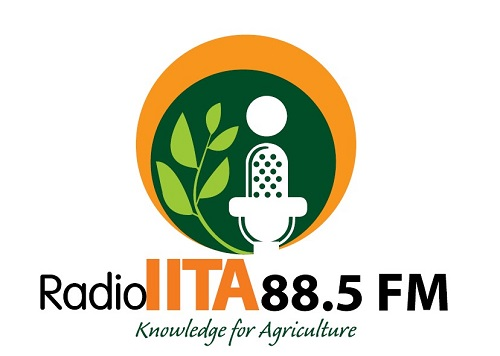The International Day for Biological Diversity is an occasion that highlights the invaluable treasures that the earth holds. The 2023 celebration is themed “From Agreement to Action: Build Back Biodiversity” to inspire people to take steps towards preserving and restoring the planet’s biodiversity, exploring the day’s significance, and acknowledging the challenges and measures to protect the earth’s natural heritage.
The Day, observed on the 22nd of May each year, is a global reminder of the importance of biodiversity and its vital role in sustaining life on Earth. It provides an opportunity to reflect on the diverse ecosystems that support humans, plants, and animals and the urgent need to conserve and restore them.
Biodiversity is the backbone of a healthy planet, encompassing the variety of life forms found in different ecosystems. It provides essential ecosystem services such as clean air, water, pollination, and climate regulation. Sadly, human activities, such as deforestation, pollution, and climate change, are driving biodiversity loss at an alarming rate. Preserving biodiversity is not just an ethical responsibility but a necessity for survival.
In an interview, Forest Center Manager IITA, Adewale Awoyemi, reiterated that IITA, a leading research institute dedicated to sustainable development in agriculture, plays a crucial role in safeguarding biodiversity. “Through innovative research, capacity building, and partnerships, the Institute strives to promote biodiversity-friendly agricultural practices, restore degraded landscapes, and enhance food security,” he added.
While the challenges of preserving biodiversity may seem daunting, humans can contribute to the cause by supporting local initiatives, embracing sustainable practices, spreading awareness with the power of voice, and connecting with nature.
If everyone works to protect the planet’s rich biodiversity and secure a sustainable future, generations will inherit a world teeming with vibrant life.
Contributed by Jamila Mohammed-Audu



